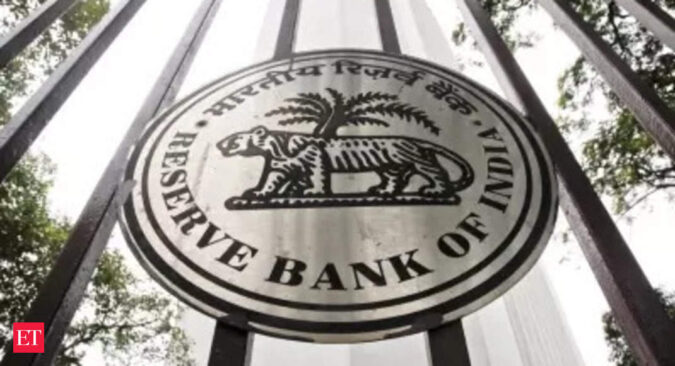“It has been decided that any penalty for delay and default in servicing of the loan or any other non-compliance of material terms and conditions of loan contract by the borrower shall be in the form of ‘penal charges’ in a reasonable and transparent manner and shall not be levied in the form of ‘penal interest’ that is added to the rate of interest being charged on the advances,” the central bank said. “The penal charges will be recovered separately and shall not be added to the principal outstanding.”
The RBI is expected to release detailed guidelines to this effect soon.
As per current central bank rules, banks and NBFCs have the operational autonomy to formulate board approved policies for levy of penal interest on advances. While the idea behind this was to inculcate credit discipline among borrowers, a supervisory review by the RBI indicated that divergent practices among banks led to levy of excessive penal interest leading to customer grievances and disputes.
“The supervisory reviews done by RBI have revealed that most banks use the penal rate on top of the interest rate in case of payment defaults and non-compliance of terms and conditions,” Deputy Governor M Rajeshwar Rao said. “The reviews indicated that there were excessive charges in some cases, so we are trying to frame guidelines to ensure a transparent and uniform approach to this issue.”
Experts say that this is likely to impact the profitability of lenders.
“The lenders recover penal interest as well as penal charges from overdue borrowers and hence RBI has also proposed that such penal charges to be reasonable,” said Anil Gupta, Senior Vice President, ICRA. “The income from these charges will typically be higher for lenders such as non-banks or banks with a higher share of self-employed segments. This could have some adverse impact on the revenues and profitability of the lenders.”
